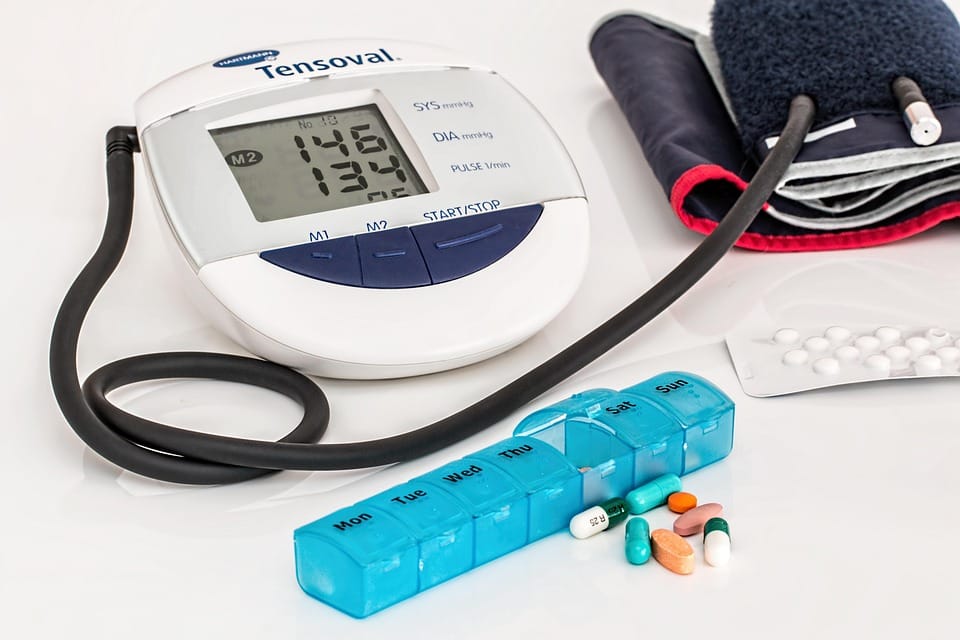
Gut health is a topic that has gained a lot of attention in recent years, and for good reason. The health of our gut plays a crucial role in our overall wellbeing, affecting everything from digestion to our immune system and even our mental health. In fact, the gut has been called the “second brain” for its ability to influence our mood and cognitive function.
The gut is home to trillions of bacteria, both good and bad, that play a key role in maintaining a healthy balance in our digestive system. When this balance is disrupted, it can lead to a variety of health issues, including bloating, gas, constipation, diarrhea, and even more serious conditions like irritable bowel syndrome (IBS) and inflammatory bowel disease (IBD).
But the impact of gut health goes beyond just digestive issues. Research has shown that the gut microbiome also plays a vital role in our immune system, helping to protect us from harmful bacteria and viruses. When the balance of bacteria in our gut is disrupted, it can weaken our immune system and make us more susceptible to infections and illnesses.
Furthermore, there is a growing body of evidence to suggest that the gut-brain connection is a two-way street. Our gut health can influence our mental health and vice versa. Studies have shown that people with conditions like depression and anxiety often have imbalances in their gut microbiome. And on the flip side, stress and anxiety can disrupt the balance of bacteria in our gut, leading to digestive issues.
So, what can we do to support our gut health and improve our overall wellbeing? One of the most effective ways is through our diet. Eating a diverse range of fruits, vegetables, whole grains, and probiotic-rich foods like yogurt and kimchi can help to promote a healthy balance of bacteria in our gut. Avoiding processed foods, sugar, and artificial sweeteners is also important, as these can disrupt the balance of bacteria and lead to inflammation in the gut.
In addition to diet, lifestyle factors like stress management, getting enough sleep, and regular exercise can also play a role in supporting gut health. Taking probiotic supplements can also be beneficial for some people, especially those who have digestive issues or have recently taken antibiotics, which can disrupt the balance of bacteria in the gut.
In conclusion, gut health is a crucial component of our overall wellbeing. By taking steps to support our gut health through diet, lifestyle, and supplementation, we can improve our digestion, boost our immune system, and even enhance our mental health. So next time you’re thinking about making a healthy choice, remember that it’s not just about your waistline – it’s about your gut too.
